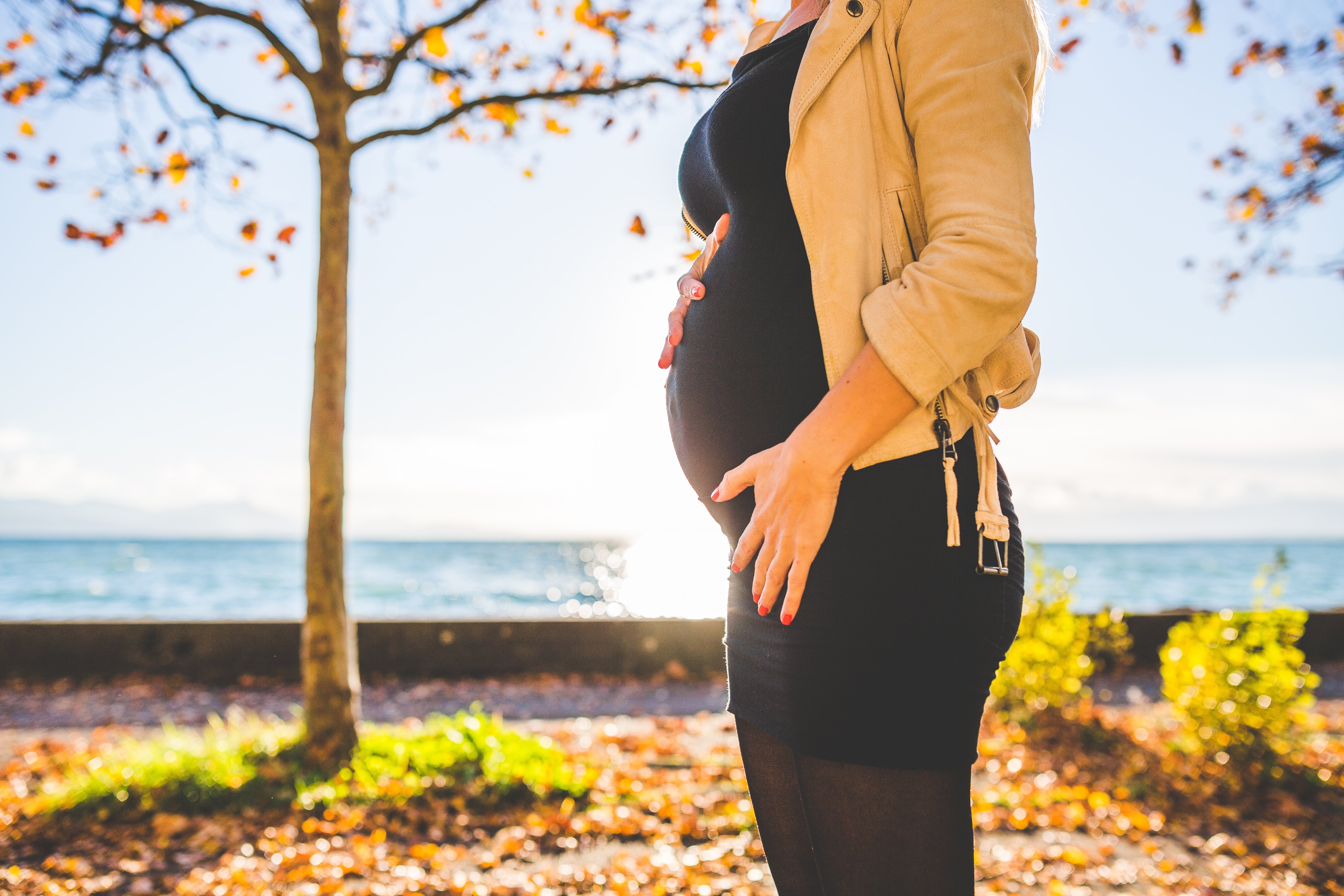Oleia Oil Lavender, Oleia Oil Chamomile and Oleia Oil Frankincense are generally safe to use by pregnant women, following these guidelines from NAHA (National Association for Holistic Aromatherapy)...
The use of essential oils during pregnancy is a controversial topic and one that is yet to be fully understood. The main concern during pregnancy appears to be the risk of essential oil constituents crossing over into the placenta. According to Tisserand and Balacs, crossing the placenta does not necessarily mean that there is a risk of toxicity to the fetus; this will depend on the toxicity and the plasma concentration of the compound.9 It is probable that essential oil metabolites cross the placenta due to the intimate (but not direct) contact between maternal and embryonic or fetal blood.
Jane Buckle comments “the use of essential oils in pregnancy is a contentious subject, especially during the vital first 3-month period. It is extremely unlikely that a nightly bath containing a few drops of essential oils will cause any problems for the unborn child” and later states “there are no records of abnormal fetuses or aborted fetuses due to the ‘normal’ use of essential oils, either by inhalation or topical application.”
According to Wildwood, “A common myth in aromatherapy is that massage oils containing essential oils such as Clary sage, rose or even rosemary can cause a miscarriage and hence should be avoided throughout pregnancy." Authors such as Ron Guba, Kurt Schnaubelt, and Chrissie Wildwood have all pointed out that there have been ‘no recorded cases of miscarriage or birth defect resulting from aromatherapy massage using therapeutic applications of any essential oil.”
Ron Guba points out that toxicity during pregnancy is almost exclusively due to pregnant women taking large, toxic doses of essential oils, notably pennyroyal (rich in the ketone, pulegone, which is metabolized to the highly toxic furan epoxide, menthofuron) and parsley seed (rich in the dimethyl ether, apiol) in an attempt to abort the fetus. And Battaglia shares this insight: “the judicious use of essential oils together with appropriate forms of massage by a skilled therapist can help ease the discomforts of pregnancy and provide a sense of nurturing that will comfort the mother at times she is likely to be feeling rather fragile.”
Due to the lack of clear information regarding the toxicity of essential oils during pregnancy, it would be best to adhere to general safety guidelines. According to Tisserand and Balacs, the following essential oils should not be used during pregnancy: wormwood, rue, oak moss, Lavandula stoechas, camphor, parsley seed, sage, and hyssop.
The following properly diluted essential oils appear to be safe for use during pregnancy: benzoin, bergamot, black pepper, chamomile (German & Roman), clary sage, cypress, eucalyptus, frankincense, geranium, ginger, grapefruit, juniper, lavender, lemon, mandarin, majoram (sweet), neroli, petitgrain, rose, sandalwood, orange (sweet), tea tree, ylang ylang.
For more information, visit https://naha.org/explore-aromatherapy/safety


